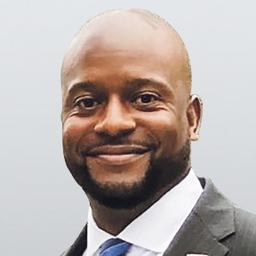Commentary
The myth of “black father absence” is one of the most pernicious talking points used within conservative circles. It most recently reared its ugly head when black conservative talk show host Larry Elder dedicated time at a recent Washington, D.C. event to reinforce this well-debunked misbelief.





